How to Execute a Program in Command Prompt
Open basic programs
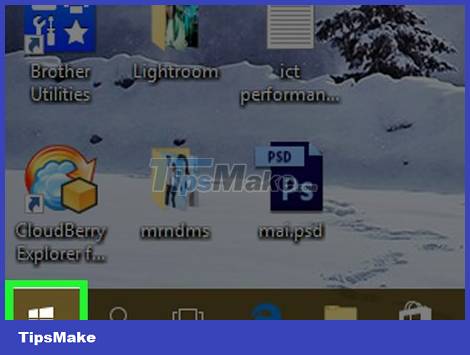
Open Start by clicking the Windows icon in the lower left corner of the screen or pressing the Windows logo key on your computer keyboard.
If you are using Windows 8, you will place the mouse pointer in the upper right corner of the screen and then click the magnifying glass icon in the menu that is displayed.
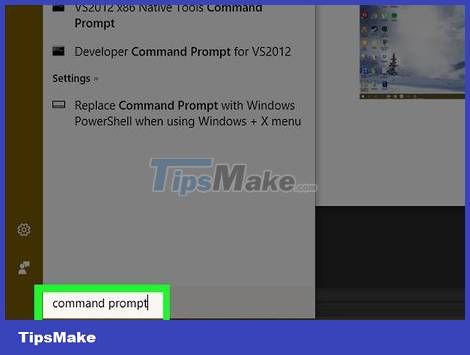
Type command prompt into Start to search for the Command Prompt program on your computer.
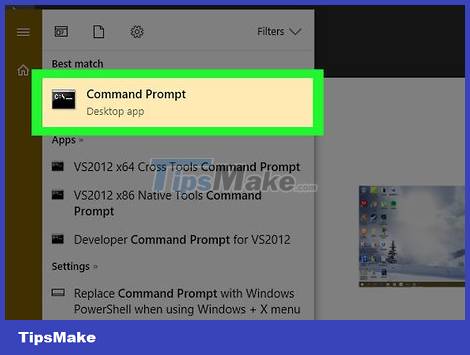
Click Command Prompt with the black box icon at the top of the Start window to open the program.
If you use a computer with limited access, you cannot open the Command Prompt.

Type start into the Command Prompt. Remember to put a space after start.

Type the program name into the Command Prompt. You must enter the file's system name, not the name displayed under the program's icon (such as the Command Prompt's system name cmd). Some familiar program names are as follows:
File Explorer - explorer
Calculator - calc
Notepad - notepad
Character Map - charmap
Paint - mspaint
Command Prompt (new window) - cmd
Windows Media Player - wmplayer
Task Manager - taskmgr

Press ↵ Enter. After entering the start program_name command, the computer will execute the "start" command for the selected program. You will see the program open after a few seconds of entering the command.
If the selected program does not start, it is possible that the program is saved in a folder that is not in the Command Prompt search path. You can add the program's folder to the Command Prompt path to fix this problem.
Open some specific programs
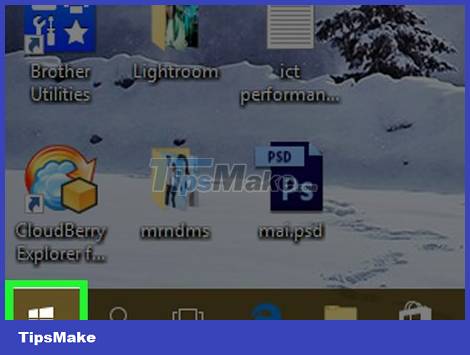
Open Start by clicking the Windows icon in the lower left corner of the screen or pressing the Windows key on your computer's keyboard.

Open File Explorer by clicking the folder icon in the lower left corner of the Start window.

Open the folder where your program is saved. Access the folder containing the program you want to open by clicking any folder that needs to be opened.
When the icon of the program you want to open with Command Prompt shows up in the middle of the File Explorer window, you've opened the correct folder.
If you don't know where the program is saved, you can either access the "Program Files" folder on your hard drive as many programs are stored here, or you can use the search bar at the top of the window.

Select the path to the program's directory. Right-click the address bar at the top of the File Explorer window. You should see the contents of the address bar highlighted in green.

Copy the path by pressing Ctrl and C at the same time.

Click the This PC folder on the left side of the File Explorer window.
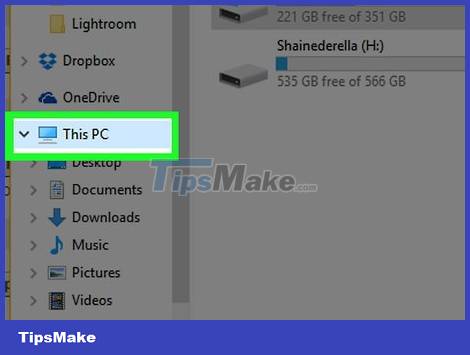
Click the This PC folder again. This will deselect any folders in the This PC folder, allowing you to open the This PC folder's properties.

Click the Computer tab in the upper-left corner of the page to view the toolbar.
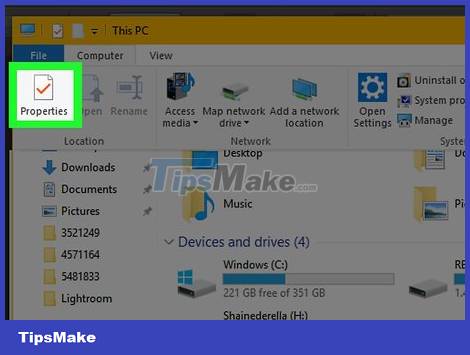
Click Properties . It's a white box icon with a red check mark. After clicking, you will see another window display.

Click the Advanced system settings link in the upper-left corner of the window. This will open another window.

Click the Advanced tab at the top of the window.

Click the Environment Variables… option at the bottom of the window. The screen will display another window.

Click Path in the "System variables" window near the bottom of the page.

Click the Edit… option at the bottom of the page.
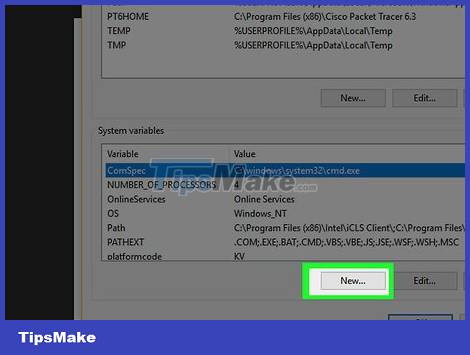
Click New in the upper-right corner of the Edit page.

Paste the path of the program. Press the Ctrl and V keys at the same time to paste the path into the Path window.

Click OK to save the path.
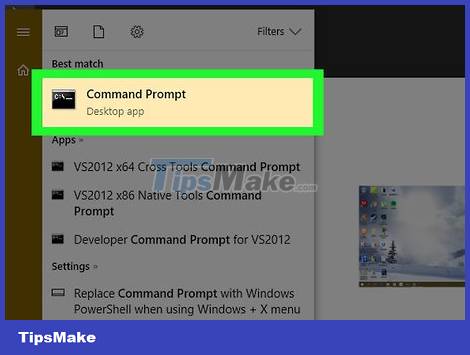
Open Command Prompt.
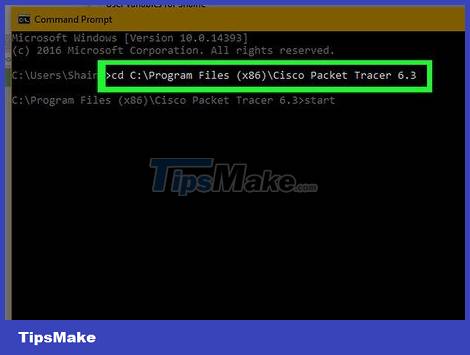
Open path. Type cd into the Command Prompt, press the spacebar, then press Ctrl+V to paste the program's path and press ↵ Enter.
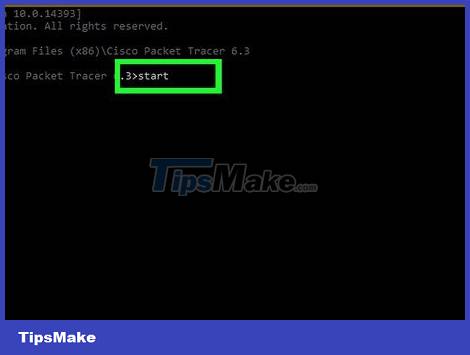
Type start into the Command Prompt. Remember to put a space after start.
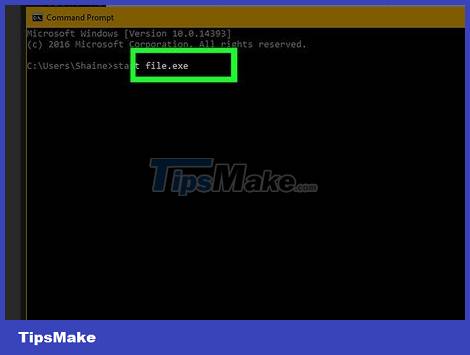
Enter the name of the program. Type the exact name of the program as shown in the directory, then press ↵ Enter and the program will be started.
If there is a space in the name of the program, type an underscore ("_") at the space (such as system_shock instead of system shock).
Or, you can enclose the path in quotes. (Example: start "C:/Program Files/Windows Media Player/wmplayer.exe")